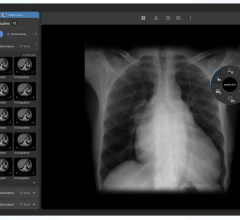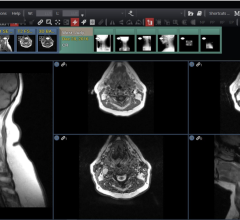July 24, 2007 — The latest results from a study designed to reduce the inappropriate prescribing of antimicrobials in hospital emergency departments (EDs) describe some progress as well as challenges to achieving significant and consistent change.
The Improving Antibiotic Use in Acute Care Treatment (IMPAACT) project is a four-year program involving EDs in 16 hospitals in eight U.S. cities. Initial results from the project have been published in emergency-medicine journals. IMPAACT principal investigator Ralph Gonzales of the University of California, San Francisco, gave an overview of the project and its most recent findings June 26 during the National Foundation for Infectious Diseases Antimicrobial Resistance Conference in Bethesda, Maryland.
"The stimulus for this program was that over the last 10 years, we had seen some decline-about 15-20%-in total antibiotic use for respiratory infections in ambulatory care," Gonzales said. "But we were not seeing that same decline in emergency departments."
During the first year of the IMPAACT project, researchers obtained baseline values for antimicrobial prescribing in the EDs of eight Department of Veterans Affairs (VA) hospitals and eight academic medical centers located in the same city as each VA hospital. The study examined prescribing for patients diagnosed with acute respiratory-tract infections, including antimicrobial-responsive conditions-pneumonia, acute exacerbations of chronic bronchitis, pharyngitis, and sinusitis-and for patients with acute bronchitis or the common cold, for which antimicrobials are not effective.
Gonzales estimated that about 25-30% of patients with respiratory symptoms actually had a bacterial infection. But he said that given the lack of definitive diagnostic tests, a realistic benchmark for appropriate prescribing would result in an antimicrobial prescription for "somewhere between 30 and 40%" of the patients with respiratory symptoms.
For more information: www.ashp.org


 July 25, 2024
July 25, 2024 








